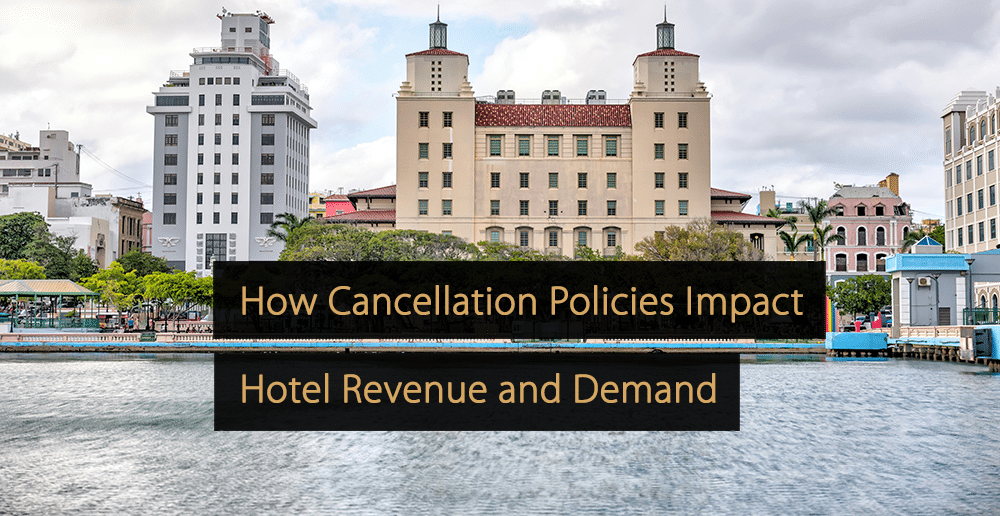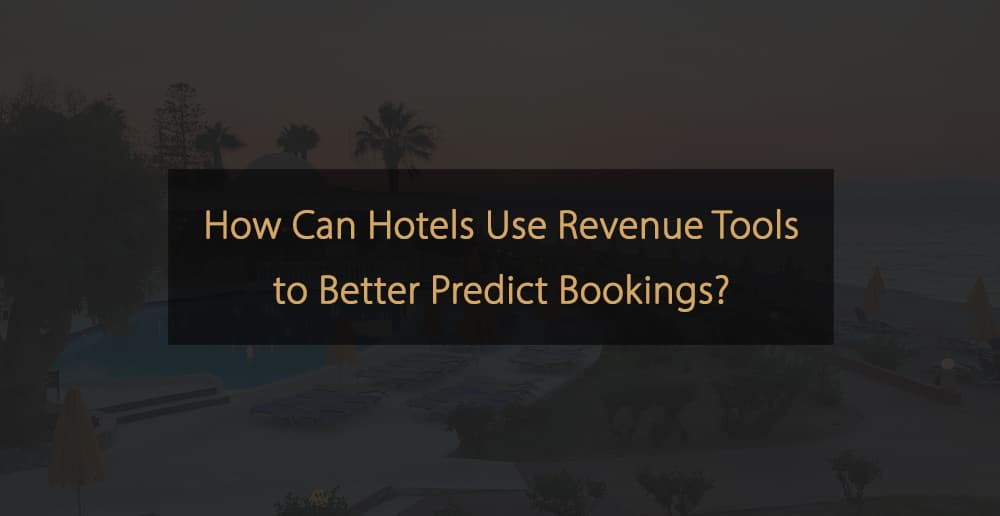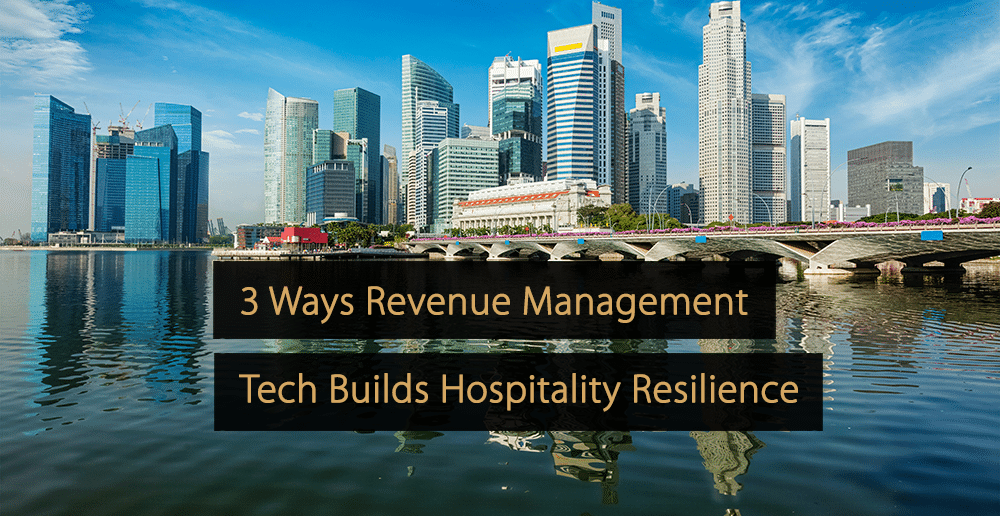It’s a foreboding statement that surely hoteliers are getting at least a little tired of seeing – particularly with the economic shock of COVID-19 firmly in our rear-view mirrors. While it’ll take time for the dust to settle, an aggressive and often-shifting trade policy from the world’s largest economy has undoubtedly injected a substantial amount of uncertainty into the plans of hotels across the globe.
5 Revenue Management Tech-Driven Tips for Taming Uncertainty
Before you start stocking up on antacids, let’s focus on the good news. Hotels that have invested in advanced revenue management technologies have an excellent resource at their disposal for effectively navigating tumultuous times.
Let’s take a look at some of the ways revenue management tools help keep hotels on an even keel during tumultuous times.
1. Take the Bite Out of Cancelations
Even in rosy economic times, it’s a common practice for price-sensitive savvy shoppers to use the flexible cancellation policies offered by OTAs to their advantage—often in the form of cancelling reservations and rebooking at your (or worse, your competitor’s) property if rates drop. While you have options for dampening the impact of this for guests who book directly, a recent report found that in Europe, 42% of all revenue booked via Booking.com is cancelled.
For many, that represents a significant portion of future business that may never fully materialise. This behaviour also has tack-on consequences for forecasting and revenue strategies. An advanced revenue management system like IDeaS G3 RMS is able to automatically account for cancellation and re-booking patterns by property, market, season, and day of week—effortlessly adding a layer of analytical depth to forecasting and informing critical pricing and inventory control decisions.
2. Stay Grounded with Data, Not Feelings
There’s a reason first responders are taught to pause to assess the situation first before springing to action—a rash decision during uncertain times can be a damage multiplier. For revenue teams stuck in a manual, reactive approach to pricing and inventory management decisions, there’s simply not enough time in the day to effectively keep up with and assess what the data is telling them. That’s where gut feelings and personal biases can cloud judgement and lead to costly mistakes.
Today’s revenue management technology uses advanced analytics to keep a constant eye out for the real, quantifiable indicators that a change is needed—and makes adapting to these shifting market forces a relative breeze. Even in situations where actions based on gut feelings turn out to be directionally correct, there’s real value to be found in how precisely and proactively you can adapt.
3. Get Granular, Adapt Effectively
Whether business conditions are looking stormy or sunny, the fact remains the same: the market segments you serve will have unique, nuanced responses to market stimuli. For instance, the luxury or high-end segment of leisure travellers are far less price sensitive than the budget or mid-scale segments. That’s obviously not a revelation, but it’s an important factor to weigh in your pricing strategies.
Without the ability to assess market conditions and their impact on your potential guest’s behaviors at a segmented, granular level, hoteliers risk missing out on critical incremental revenue opportunities. With the right revenue management technology in place, hoteliers can avoid too-broad and too-rigid pricing and inventory management decisions and instead capitalize on flexible granular changes that drive the best business mix overall.
4. Get Ahead of Changes with Scenario Planning
You can’t predict what will happen with absolute certainty. But you certainly can make plans based on a range of likely potential outcomes. For instance, a business downturn could be a relatively short-term blip, a drawn-out slog, or something somewhere in between. With centralized revenue planning tools, hoteliers can easily develop forecasts based on different likely assumptions (e.g. changes in occupancy)—and start thinking strategically about what will need to happen to maintain profitability.
5. Control Operational Costs
Minimizing operational costs is obviously important during lean periods of business. Cutting back without negatively impacting your guest’s experience is a delicate balancing act, and an exercise best done with a scalpel, not an axe.
With advanced demand forecasting and intuitive reports, operators can make smarter, data-driven choices on when to cut back on staffing levels, supplies, and more. This can help keep the pendulum from swinging too far toward bottom line boosting cutbacks or “just to be safe” choices for the sake of maintaining an impeccable guest experience.
Moving Forward with Confidence
No one likes to have their plans disrupted. But if there’s one certainty in the months ahead, the organizations that combine advanced revenue management technologies with strategic adaptability and level-headed decision-making are well-positioned to weather whatever comes next.
Free Report: 5 Predictions Shaping Hospitality 2025: Insights & Actions
The hospitality industry is undergoing digital transformation due to evolving traveler behavior, market shifts, and advancing technology. Success requires agile, connected systems enabling real-time decisions. This report, 5 Predictions That Will Shape Hospitality, offers insights and actionable steps for success.
Click here to download the “5 Predictions That Will Shape Hospitality” report.
More Tips to Grow Your Business
Revfine.com is the leading knowledge platform for the hospitality and travel industry. Professionals use our insights, strategies, and actionable tips to get inspired, optimize revenue, innovate processes, and improve customer experience.Explore expert advice on management, marketing, revenue management, operations, software, and technology in our dedicated Hotel, Hospitality, and Travel & Tourism categories.








Leave A Comment